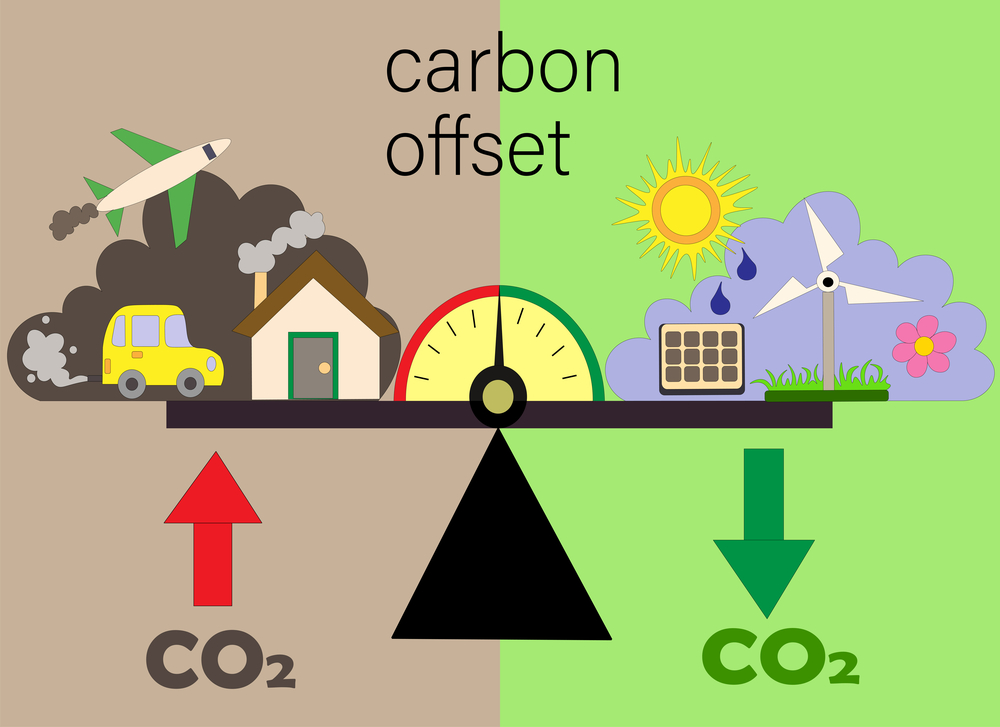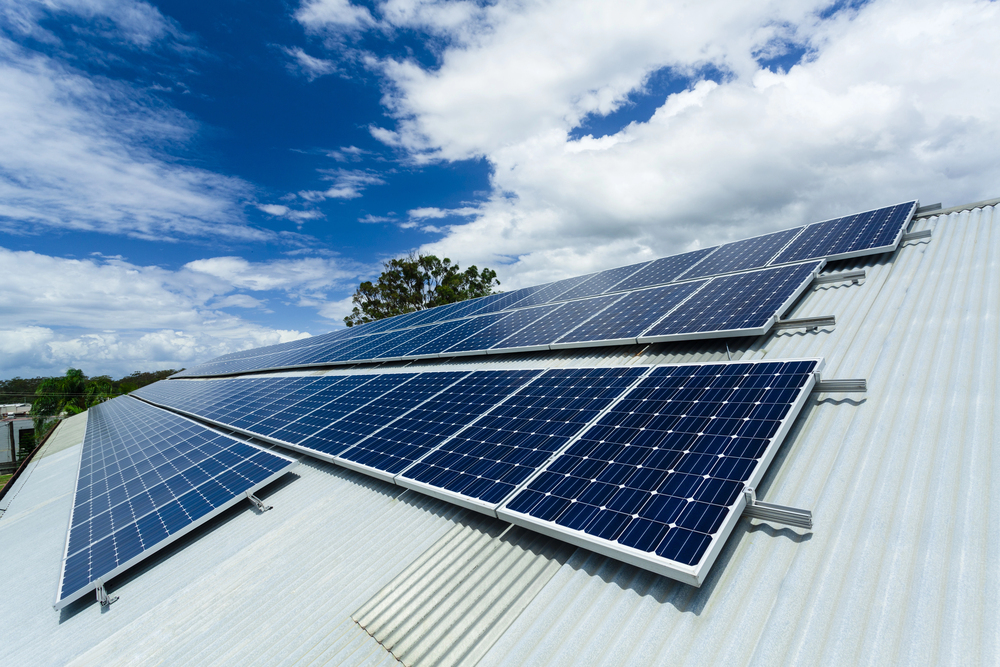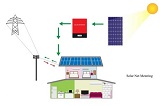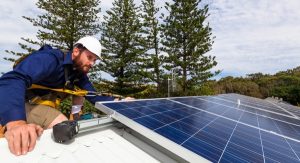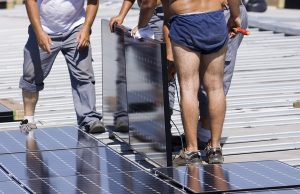How long does it take for a solar panel to achieve carbon neutrality?
Climate change and the increasing cost of electricity have led policymakers in Ontario and Canada to advocate for the installation of solar panels in residential homes and places of business. However, an important question is often asked if they can potentially harm the environment?
Over the past couple of decades, dozens of life cycle assessment studies on solar power’s emission profile have been performed to paint a clear picture of its carbon footprint.
What is the actual carbon footprint of solar panels?
Although electrical energy from solar panels produces no emissions, greenhouse gases, or fossil fuels, it requires a certain amount of energy that does impact the environment.
A study done in the U.S. by the U.S. Department of Energy’s National Renewable Energy Laboratory showed that out of the total 100% amount of energy required to produce, operate, and dispose of solar panels after their productive life:
- 60%-70% goes into the actual manufacturing process, including raw materials extraction, production, transportation, etc.
- 25% is primarily used for power generation, system/plant operation, and maintenance.
- 5% to 20% is used for panel recycling and disposing in an environmentally friendly way.
Carbon neutrality refers to the point at which your solar panel generates enough clean energy to offset the energy used in manufacturing. The time, on average, takes 1 to 3 years of operation, depending on factors such as the quality and condition of your solar system and the amount of electricity generated. Given that solar panels can last over 25 years, they offer a significant net positive environmental impact over their lifespan.
You may also like: Which Solar Panels Are the Best?
How to mitigate the environmental impact of solar panel manufacturing
Manufacturing higher-efficiency panels
Producing and installing large amounts of low-capacity solar panels may result in a waste stream of panels in landfills over time due to the continuous rise in rooftop solar adoption. Thus, there is a need to make panels with higher efficiency that will last longer and help consumers save costs while minimizing the amount of waste sent to recycling or landfills.
Furthermore, when selecting panels, take the time to find one with higher efficiency ratings. Such panels can generate more electricity from the same amount of sunlight, potentially reducing the number of panels needed for your roof.
Support sustainable manufacturing practices
IRENA reported that 78 million tons of solar photovoltaic waste could be reused or recycled by 2050. However, this would be a great challenge because the global recycling of solar panels is still not comprehensive. Proper local infrastructure and national regulations are required across worldwide solar markets.
Detailed research and development are needed to ensure that the complete recycling of solar panels is adopted cost-effectively and sustainably at a global level. Consumers can help ease the environmental impact of solar panels by opting for manufacturers that prioritize eco-friendly practices, such as using recycled materials and renewable energy in production. Manufacturers can help mitigate the environmental impact of solar panels by developing and installing solar panels that can be conveniently recycled.
Choose Ontario Solar Installers to save on electricity
Solar panels are a fantastic eco-friendly choice for producing clean, renewable energy for your home or business. Not only do they decrease the negative environmental effects caused by traditional alternatives, but they offer a reliable source of energy that can reduce your reliance on the grid.
If you are someone who is conscious of your impact on the environment when making decisions about electricity use, choosing high-quality, efficient solar panels and a reputable installer is key.
When you’re ready to take the next step, we can help you every step of the way. Our experienced technicians can design a solar array to match your household’s electricity needs and answer any questions about choosing the best solar panels. Request free quotes today!


